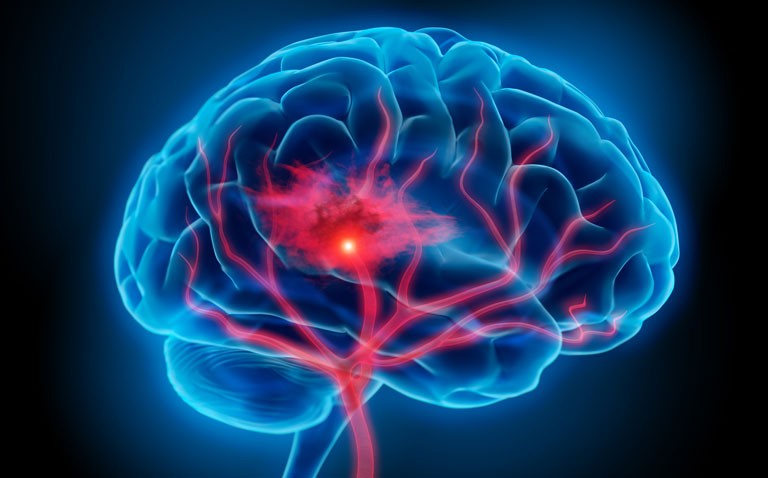The RESTART trial found that antiplatelet therapy appeared to be safe up to 5 years after intracerebral haemorrhage (ICH) that had occurred during antithrombotic therapy.
A haemorrhagic stroke is due to intra-cerebral haemorrhage (ICH) and one review estimated a 1-year survival of 46% and a 5-year survival of 29%. Moreover, even among survivors, there is a risk of not only a further stroke, but other serious cardiovascular events such as myocardial infarctions. While there is clearly an increased risk of future cardiovascular events after a haemorrhagic stroke, there remains some uncertainty over the value of post-stroke anti-platelet therapy. Part of the reason why clinicians are reluctant to continue with anti-platelet therapy as a secondary preventative measure, is the increased risk of a further stroke, particularly with drugs such as aspirin.
In an effort to provide some much needed clarity over whether or not it was safe to continue with anti-platelet therapy in those who suffered a haemorrhagic stroke, a team from the Centre for Clinical Brain Sciences, University of Edinburgh, UK, undertook the Restart or stop Antithrombotics Randomised Trial (RESTART). The trial included patients who had suffered an ICH while taking anti-platelet therapy (aspirin, clopidogrel and dypridamole) but then discontinued their drug. For the purposes of the trial patients were randomised to either re-start an anti-platelet or avoid further use. After a median follow-up period of 2 years, there was a slight, non-significant (p = 0.06) decreased risk of recurrent stroke among those taking anti-platelet drugs. The same group have now released findings from a follow-up study of those involved in the original trial. For the follow-up study, the primary outcome was fatal or non-fatal radiologically or pathologically proven recurrent symptomatic ICH. The secondary outcomes included major haemorrhagic events and major occlusive vascular events.
Findings
In the original RESTART trial, 537 patients with a median age of 76 years (67% male) were randomised to restart (268) or avoid (269) anti-platelet therapy, a median of 76 days after the onset of their stroke. For the follow-up which lasted a median of 3 years (i.e., 5 years from the original trial), 562 of those from RESTART consented to continue and were randomised as before to re-start anti-platelet therapy (268) or avoid it (268). The primary outcome occurred in 8.2% of those taking an anti-platelet and 9.3% without treatment (adjusted hazard ratio, aHR = 0.87, 95% CI 0.49–1.55, p = 0.64). For the secondary outcomes there was also no significant difference (aHR = 0.79, 95% CI 0.58–1.08, p = 0.14).
These findings provide physicians with some reassurance about the use of antiplatelet therapy after ICH if indicated for secondary prevention of major vascular events.
Citation
Salman RA et al. Effects of Anti-platelet Therapy After Stroke Caused by Intracerebral Hemorrhage. Extended Follow-up of the RESTART Randomized Clinical Trial. JAMA Neurol 2021.










